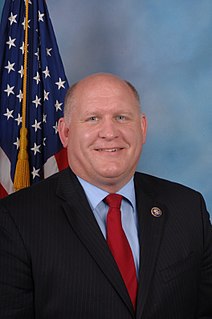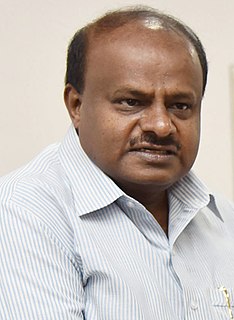A Quote by Ralph Northam
The funding of rural roads is imperative if we want to continue to grow our economy and improve the overall health of our vast, rural regions in the commonwealth. As a native of the Eastern Shore, I know that a single trip down U.S. Route 13 and across the Chesapeake Bay Bridge - Tunnel can show us how important infrastructure is to rural Virginia.
Related Quotes
People don't understand rural America. Sixteen percent of our population is rural, but 40 percent of our military is rural. I don't believe that's because of a lack of opportunity in rural America. I believe that's because if you grow up in rural America, you know you can't just keep taking from the land. You've got to give something back.
Sixteen percent of our population is rural, but 40 percent of our military is rural. I don't believe that's because of a lack of opportunity in rural America. I believe that's because if you grow up in rural America, you know you can't just keep taking from the land. You've got to give something back.
I think the Democrats have - we really have failed to be in rural America, in the sense of having our leaders spending time talking to folks in rural America. The president Barack Obama has been there, but other than the president and vice president, we have had not a whole lot of conversation in rural America.
Meeting the unique healthcare needs of the hardworking men and women who call rural Louisiana home can be challenging. It is important for us to recognize the rural healthcare providers, health care organizations and volunteers who work diligently to offer comprehensive, compassionate, patient-centered care to these communities.
Every year, I volunteer with Remote Area Medical mobile clinics to provide care to folks in rural Virginia. They do incredible work. But I'm the first to admit that treating people once a year at an annual clinic isn't the ideal way to provide healthcare. We should be investing in long-term, permanent solutions to rural health.




























